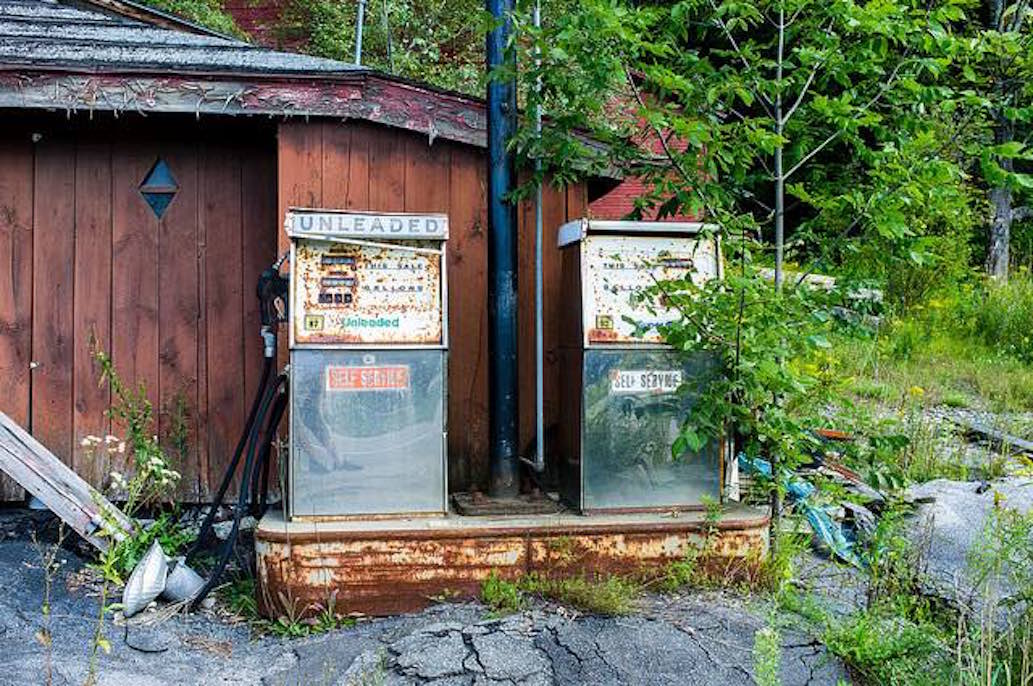
Steps on the Road to a Great Transition
- Enviroment, Featured, Government, Op-Ed, Policy, Sustainable Development
- Featured, sustainable, transition, world bank
- April 22, 2016
Arguably one of the most important things to come out of the COP21 climate talks in Paris last December, aside from the Paris Agreement itself, is the signal sent solidifying the growing shift in the global consciousness. We seek a transformative path forward into the new century. But any desired transformational change requires both the vision for a long-term outcome and a mechanism to achieve that outcome in the ongoing grind of our day-to-day reality.
In a globalized economy powered by fossil fuels embedded in that reality is the expectation of ceaseless energy to drive nearly every aspect of our lives, at least for some of us. The rest must live either in the shadow of the waste and destruction brought as a consequence of a fossil fuel energy economy or start out on their own quest to catch up. Many suffer. Some resort to violence and anarchy in their desperation.
The Paris Agreement sets in motion a renewed sense of urgency in our aspiration for climate action specifically and a more equitable and sustainable society in general. The more cynical among us might suggest we’ve heard all this before, half-hearted calls to action that bear little change, leaving the rhetoric in the dustbin of broken promises and hardened souls. It’s easy to be cynical.
What is harder is to accept the failures of the past, the circumstances of the present and challenges of the future, and determine that change is not only inevitable but that we can shape it toward a desired outcome. This is the promise of the Paris Agreement.
Choosing our future scenario
In an essay entitled Great Transition: The Promise and Lure of the Times Ahead, three classes of future scenarios are outlined, each with two variants. First is the Conventional Worlds scenario, then Barbarization and finally Great Transitions. Each scenario is characterized respectively by essential continuity, fundamental yet undesirable change, and fundamentally favorable social transformation.
The two variants to Conventional Worlds are “market forces” and “policy reform.” Market forces assume no real deviation from business-as-usual, suggesting an eventual deterioration into one of the two variants of Barbarization, either “fortress world” or complete “breakdown.” On the other hand, the policy reform variant of the Conventional Forces scenario, working in the spirit of Keynes and Bruntland, offers the possibility of progress toward a Great Transition scenario. Here we have an “eco-communalism” or “new sustainability paradigm” worldview.
Some may pine after a world of eco-communalism rooted in “pastoral romance, human goodness and the evil of industrialism,” but the authors suggest the more likely and desirable possibility, given our present situation, is a new sustainability paradigm. This is a world built out of a philosophy of sustainability as progressive global social evolution organized around human solidarity, new values and “the art of living.”
Whether we end up in a scenario of Barbarization or Great Transformation, I argue that one thing is apparent: from our current perspective of Conventional Worlds, we have a choice, even if that choice is making no choice at all – or muddling through, as the authors in the essay define as the last option; simply turning a blind eye to the whole issue of future development. By default that will almost certainly lead to a fortress world or complete breakdown.
Our best choice from here is one of policy reform, defined by growth and environmental equity achieved through stewardship, better technology and management. The framework set in place through the Paris Agreement, as well as the Sustainable Development goals, is the first step toward policy reform in a Conventional World that might lead to the Great Transition of a new sustainability paradigm.
World Bank Group Climate Action Plan: policy reform for favorable transformation?
Earlier this month the World Bank Group announced its Climate Action Plan. The plan builds on the foundation of the Paris Agreement, reinforcing the ambitions of individual countries and the global community toward new policies for every sector of society.
Through capacity building, leveraging resources, and creating a transparency framework, the World Bank’s Climate Action Plan is an example of how we can get from here – a conventional world committed to policy reform – to there – a Great Transformation rooted in human solidarity global social evolution.
Of course, it can be difficult to hold in our mind’s eye what this transformation will look like, and this is only a small step on the road to get there. But we must look at each step as part of the whole and keep in our hearts and minds the ambition and vision set forth in Paris.
Featured image credit: Stephan Ridgway, courtesy flickr
This post first published in our blog GlobalWarmingisReal.com





